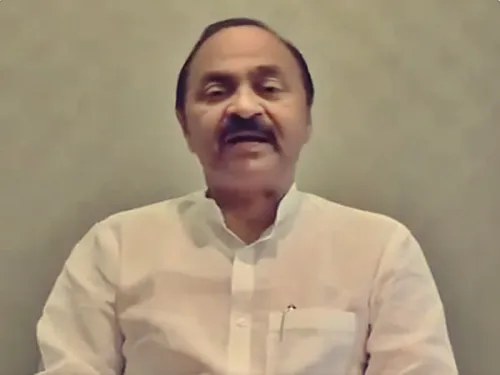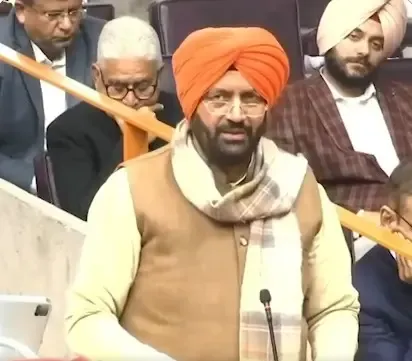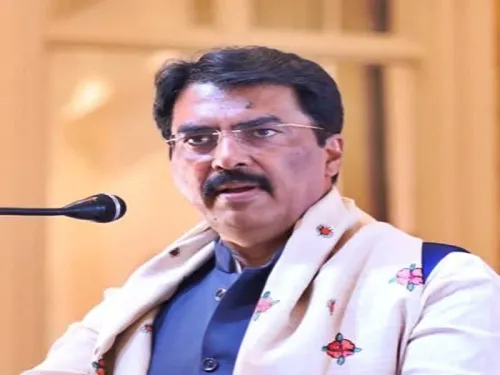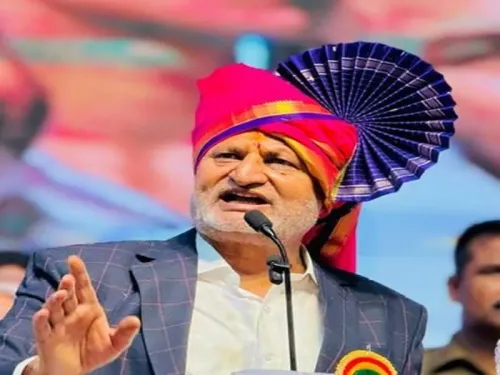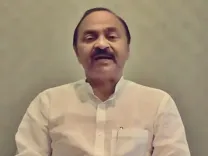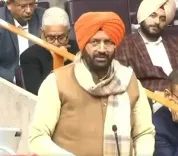Did Mukesh Kumar Rai Surrender After the Bulldozer Action in the Muzaffarpur Dalit Girl Case?
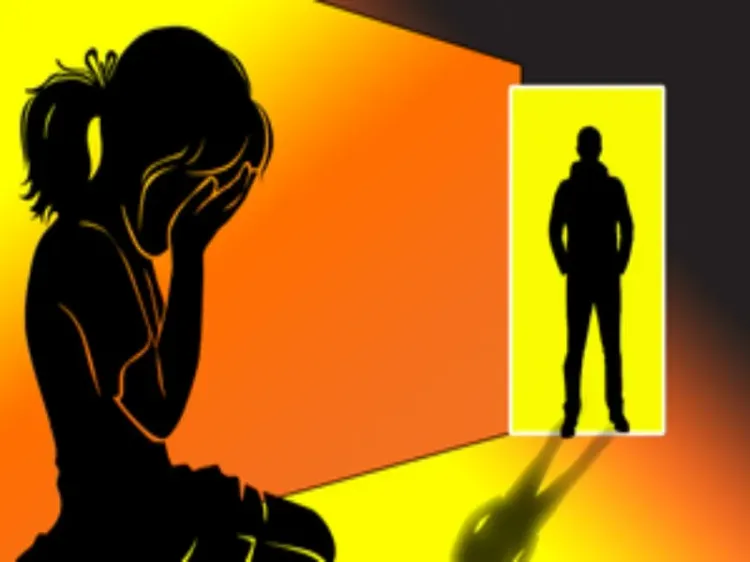
Synopsis
Key Takeaways
- Mukesh Kumar Rai surrendered after bulldozer action.
- Public outrage followed the tragic death of an 11-year-old Dalit girl.
- Government suspended officials in response to protests.
- Demands for justice under POCSO and SC/ST Atrocities Act.
- This incident highlights systemic failures in healthcare and law enforcement.
Patna, June 5 (NationPress) In a stunning development regarding the Muzaffarpur Dalit girl case, Mukesh Kumar Rai, the primary suspect, turned himself in to the authorities following the demolition of his residence and eatery (dhaba) by the district administration on Thursday.
This bulldozer action was prompted by significant public outrage following the tragic death of an 11-year-old Dalit girl, who was sexually assaulted and subsequently died after allegedly being denied critical medical attention.
In response to the public's fury and political scrutiny, Bihar's Deputy Chief Minister Vijay Kumar Sinha announced stringent measures against the accused during his visit to the victim's family on Thursday.
Shortly thereafter, a bulldozer action reminiscent of the “Yogi model” from Uttar Pradesh was carried out.
Under the command of Rural SP Vidyasagar and SDM West Shreya Shri, a substantial police presence arrived at Mukesh Rai’s home and dhaba, situated within the Turki police station area.
The property was seized, and both structures were demolished.
In light of the imminent consequences, Mukesh Rai surrendered to the police shortly after the demolition commenced.
The district police confirmed that legal actions are progressing, with a charge sheet expected to be filed soon.
On May 26, an 11-year-old Dalit girl was tragically assaulted in a village under the jurisdiction of the Kudhni police station.
After the assault, the child was taken to SKMCH, Muzaffarpur, but received inadequate treatment and was subsequently referred to PMCH, Patna.
At PMCH, she was not provided with a bed and had to remain in an ambulance for four hours before succumbing to her injuries.
This incident sparked protests throughout Bihar, with leaders from the Congress, RJD, and Jan Suraj Party demanding accountability and action.
Opposition parties criticized the breakdown of law and order and healthcare negligence, attributing the girl's death to governmental failures.
Protesters asserted that timely medical care could have saved her life.
In reaction, the government suspended the superintendent of SKMCH, removed a deputy superintendent from PMCH, and suspended three police officials, though critics argue these measures were superficial and delayed.
The heinous nature of the crime, combined with administrative failures and caste-based insensitivity, has incited widespread outrage across the state.
Citizens, activists, and rights organizations are calling for a swift trial and conviction under the POCSO and SC/ST Atrocities Act.
This incident has become a pivotal issue in Bihar politics and raised serious concerns regarding the state's healthcare system, police effectiveness, and caste-related injustices.
The bulldozer action has set a significant precedent, but the public is now eagerly anticipating judicial justice for the young victim.


